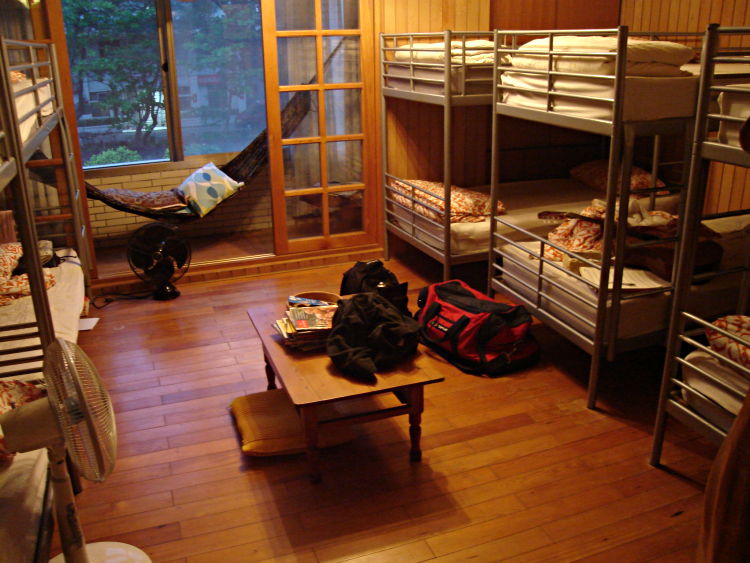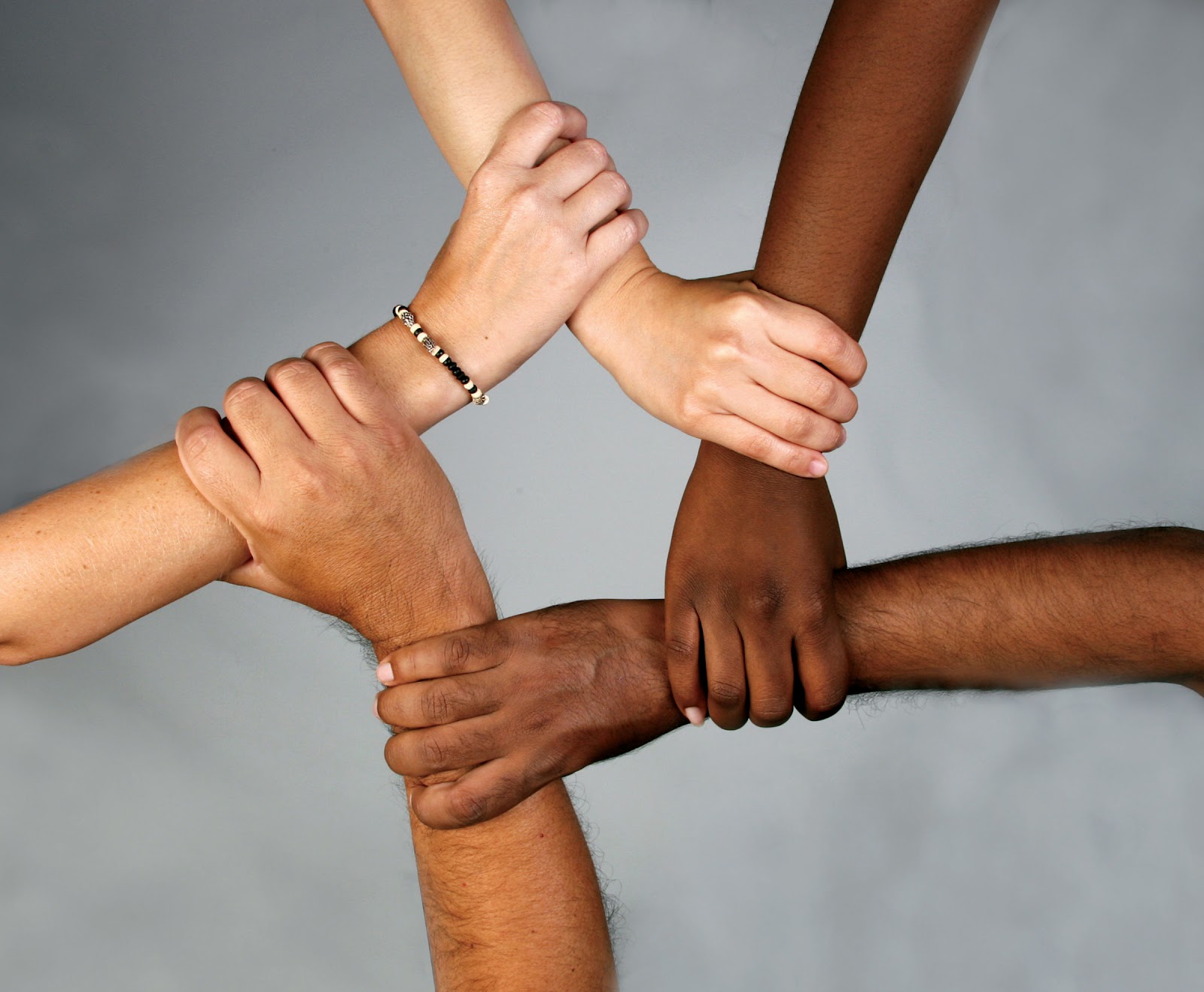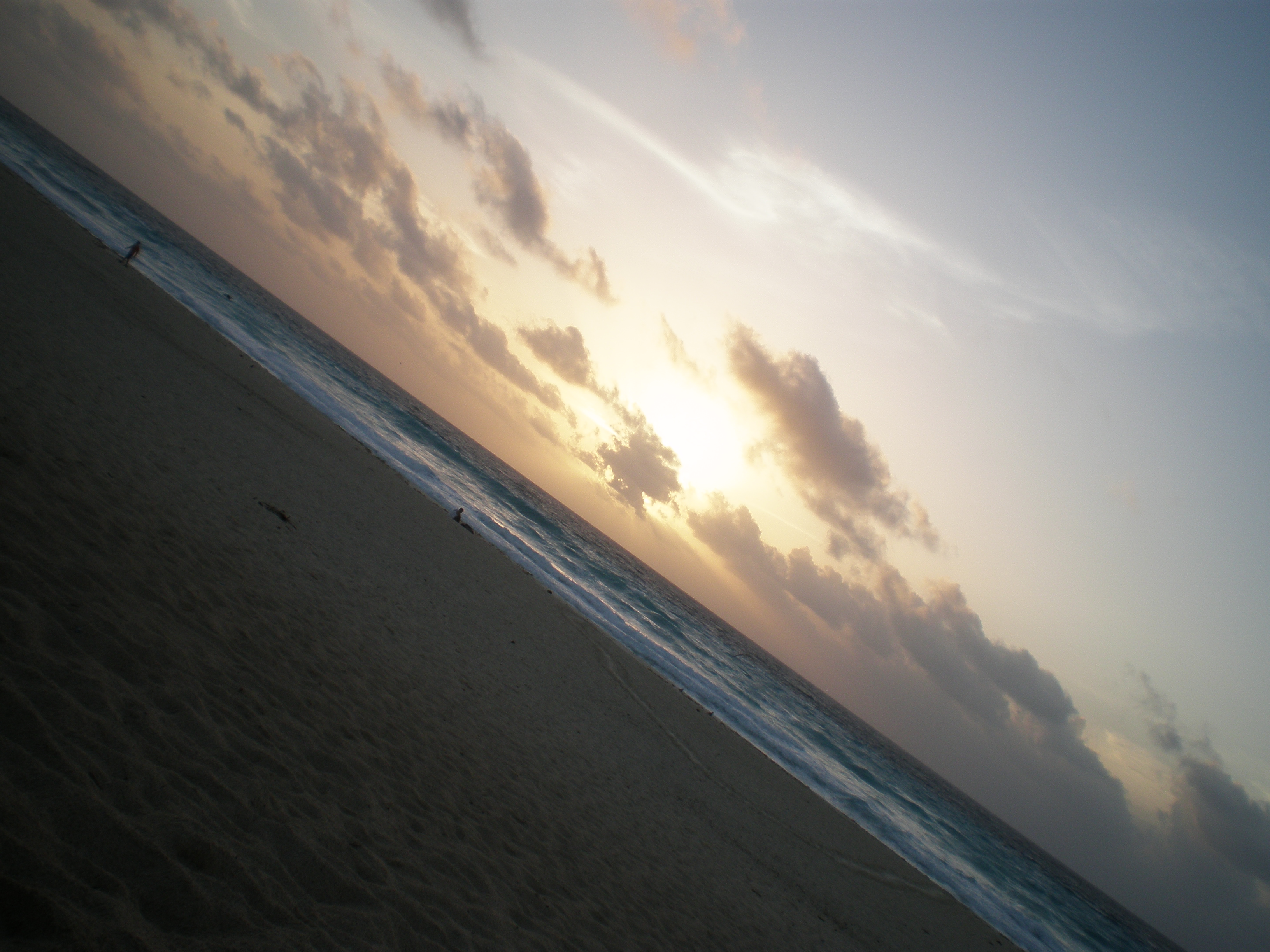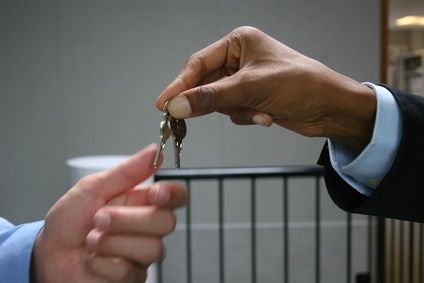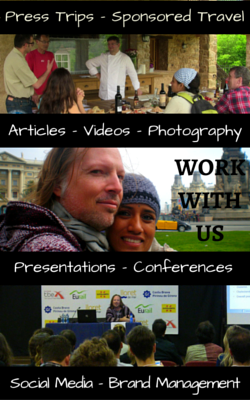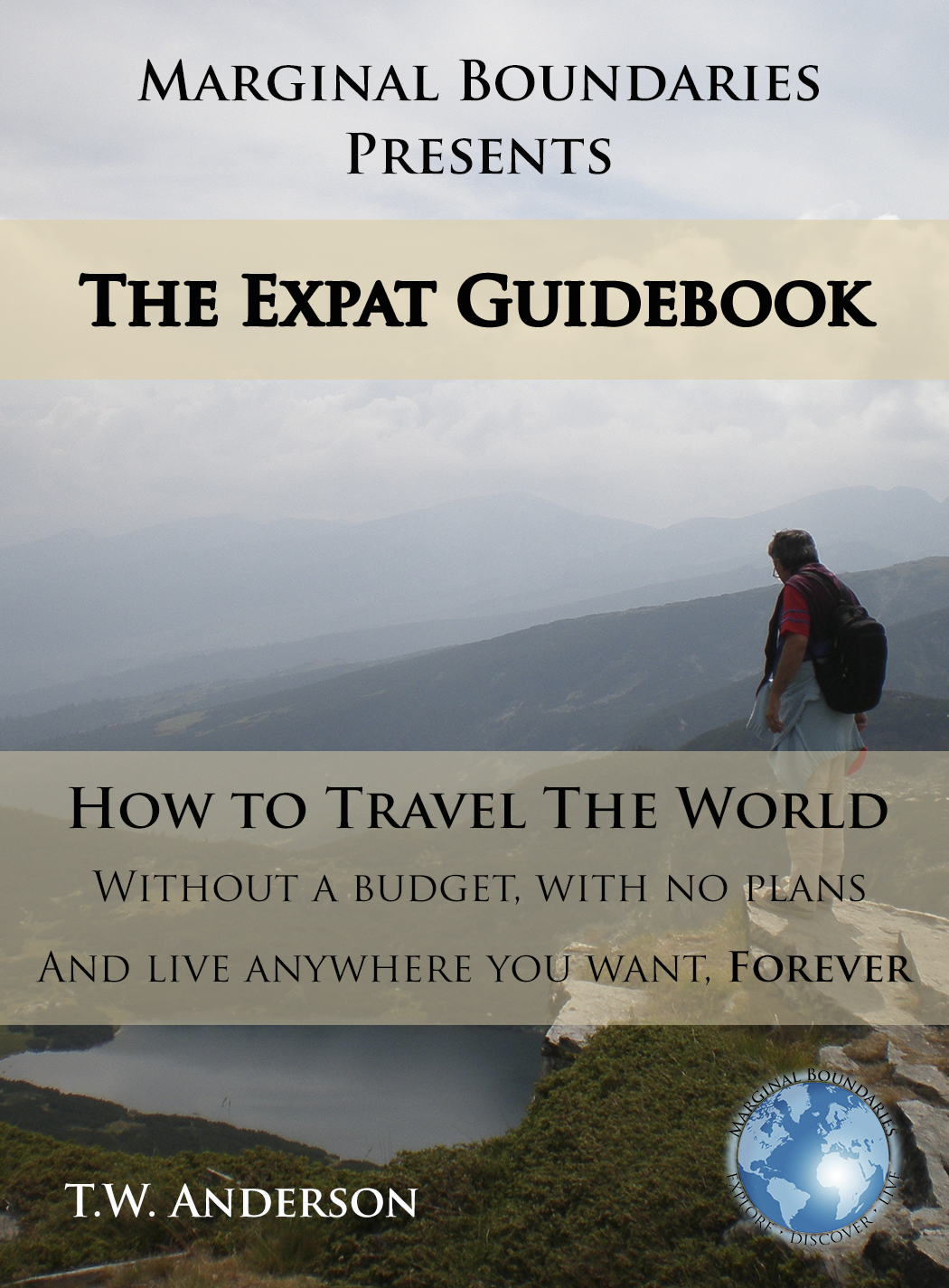
A young man stands apart as the ultimate example of The American Dream. The year is 2002. Fresh out of college with a finance degree and a bright new future ahead of him, he lands a job as an accounts manager for Key Bank in Greeley, Colorado at 20 years of age. Within a few short years he moves to New Frontier Bank and by the time he is in his mid-20s he is the vice president of lending for the bank branch, and a board member.
Life is good. Money is flowing in. A house mortgage follows, along with a BMW lease, sufficient money to eat out every night at good restaurants, and he has access to credit cards with tens of thousands of dollars in limits. Success continues to follow as better job offers pour in, eventually culminating in an opportunity in 2007 to move to Chicago, Illinois and pick up a job as an executive lender at Lakeside Bank.
Along the way, a passion for music that began as a small child evolved into a full-fledged hobby/addiction. A guitar collection in the tens of thousands is built up over a decade, with axes signed by greats such as Jimmy Page. Recording equipment, a drum kit and other accouterments are built up over time, and a solid side profession playing gigs at local hubs in Chicago emerges.
In 2009, the economic crisis is several years into full swing. The high-paying job that has afforded a life of luxury for the past half-decade is suddenly stripped away, leaving the young man without a job. Despite the fact that he has 7 years of experience in banking, despite his position as board member and executive lender, and despite the millions of dollars of successful loans pushed through over the years, he is unable to find work. His position is filled by a family member of a branch head, someone fresh out of college who only wants a fraction of the salary.
Debt begins to mount. The credit cards fill up first. Application after application is sent in, to no avail. No one wants to hire an industry veteran with salary expectations. Instead, banks are running on skeleton staff, or using interns and fresh-faced college grads who are willing to work for the bottom dollar just to keep food on their plates. In many cases, work is completely outsourced to 2nd and 3rd world countries where qualified individuals are willing to do the work for pennies in comparison. Weeks turn into months, months turn into a year. Depression begins to sink in. Therapy is sought, doctors visited, prescription medication for depression is subscribed.
The cycle continues. The young man is forced to begin selling off his prized guitar collection to pay bills. He manages to net a small monthly income making custom guitars and amplifiers, and repairing people’s gear, but it’s just enough to keep the bill collectors at bay. He gives up his BMW and takes a hit on the lease. His home in Colorado is on the brink of being foreclosed on. He begins focusing all of his efforts on building up his music business at the local level in a brick and mortar location and following his primary passion: music. He pays his bills as best he can, using credits cards and bouncing things around to keep the bill collectors at bay.
Two years in. Still no work in the banking industry. No takers on the job applications. Multiple prescription medications and regular therapy are part of his routine. He is barely staying afloat with his guitar business, but he is six months behind on rent. His brother loans him money. Suddenly, the IRS shows up at his door. After years of doing his own taxes, the government questions his write-offs for the guitar business, and suddenly wants to see video and photo proof of him playing regular gigs at bars, and that he is actually functioning as a working musician/artist/craftsman. Initially, they only want to see the previous year’s tax receipts. Then, nearly a year later, it is determined that he owes the IRS back taxes for thee year’s worth of self-employment from his guitar business that he’s been trying to get off the ground.
Three years in. Frustration reaches critical point. Still no job offers. The guitar business makes enough money to pay for food, and sometimes bills, but they are on a rotational basis. Not all bills are paid at the same time. Bankruptcy comes up in conversations. He no longer has an apartment; instead, he is living out of his guitar shop, in the back room where the customers don’t go. He is up to six different prescription medications now to numb the pain of depression. He regularly sees therapists to try and drown it all out, but their only solution is to prescribe a different round of pills.
Penniless and broken, the once bright-eyed youth finds himself with close to $300,000 of debt. A house mortgage that is about to be foreclosed on. Broken leases. Back taxes owed. Student loan debts. Credit card debt. No real job in three years. An education that is absolutely worthless. A resume that no one gives a shit about. Meanwhile, bank CEOs and big business receive billions of dollars in free money from the bailout, allowing corrupt officials to discharge billions of dollars in debt. But the little guy, the young man who put his faith in the system, can’t discharge his debt in bankruptcy because the system won’t allow him. Instead, he is told he has no choice but to pay off the debts that he was lured into believing were a necessity in the first place…or face a life in prison.
The young man who once had everything, who had pursued The American Dream, who went to college for an education just like the system told him to do, who put his faith in the credit system just like he was told to do, who took out student loans and got credit cards and a mortgage from the bank just like he was told to do, who did everything by the book and followed the rules, found himself with nothing except a massive ball and chain attached to his ankle.
Running on fumes and desperation, he leaves Chicago and returns to the family ranch, penniless, at the age of 30. As the weeks go by, depression rises and hope fades. The life that was once held in his grasp, promised to him by the concepts of The American Dream, is gone. He has reached rock bottom. The combination of massive debt, back taxes and unemployment for three years without pay takes its tool. He has reached his breaking point and takes his own life.
This was my brother, Joshua Paul Anderson. On Sunday, December 2nd, 2012, he took his own life. Faced with an uncertain future, unpaid unemployment for three years, an impossible amount of debt, credit hunters and the IRS threatening him, he decided to end his life rather than face another year of the same, if not worsening, conditions.
Consider this a cautionary tale. In recent months, you have seen me post numerous articles shared from news sources around the world, talking about the broken system that is currently dragging entire nations to their knees. The United States is not the only country suffering. Spain, Greece, Italy, the United Kingdom, these are all countries going through similar issues. People in the U.K. and the U.S. living in tent cities and B&Bs. Families find themselves going from living upper middle-class lifestyles to being penniless and living on the bare minimum, reaching third-world living conditions in first-world countries.
The most recent blog post I wrote for The Expat Guidebook blog talked about how it wasn’t supposed to be this way, with the vast majority of middle-class Americans waking up to the reality that no, it isn’t getting better. Half a decade in, the recession isn’t going away. It’s getting worse. Unemployment continues to rise. Families have drained their savings accounts. People have been unemployed for as much as five years, doing anything they can to get by, living third-world lives in first-world countries. Students are rallying across the United States with cries of how their student loans have ruined their lives.
But there is hope for those with the intelligence to look beyond the broken system to the current wave of the future. Globalization has reached a fevered pitch. The Internet has allowed anyone, regardless of their birthplace, language, religion or creed to make a living online free of the credit system, free of the banking system and free of corrupt and broken governments. Crowd funding is the latest evolution that allows anyone with a great idea to find other people interested in that idea and bring it to reality.
Work abounds in other languages as new markets rush to populate the Internet with websites and content. The World Bank released information earlier in 2012 showing the number one job market in the world was the Latin American, Spanish-speaking market of South and Central America. Hindi, Arabic, Mandarin, Portuguese, German, French…these are all markets that are rapidly expanding around the world and there is an endless supply of work to be found if you can speak these languages.
Chile, Colombia, Ecuador, Peru, Brazil, Mexico and other countries are going through economic booms, bypassing the so-called global recession that has affected the West. China has passed the United States to become the number one economy of the world. Brazil passed the United Kingdom in 2011 to become the 6th largest on the planet. Mexico entered the top 10 in 2012. Singapore is the number one banking and finance capital of the world. Hong Kong saw a 95% increase in job applications from Americans in 2012, all in the finance and banking sector.
New opportunities are continuing to emerge…but only on a global level. Only for those with the foresight to have learned another language, who are focused on the digital arena, who have moved into the global market rather than focusing on the dead, brick and mortar local markets, are seeing success. Social media management, one of the highest paid careers as of 2012 and a perfect example of the digital evolution, is a largely degree-less job. Even now, several years into the social media phenomenon that has sprung up out of Facebook, YouTube and other outlets, there are only a handful of universities offering degrees in this arena, yet they are largely informative-only and don’t offer actual guidelines for how to utilize the power of social media to bring about change.
Websites and blogs can be started 100% for free. Social media accounts are 100% free. Newsletter services are 100% free. You can literally build an online business from scratch and do it all for absolutely zero. There is so much work in other languages that it is literally an impossibility go without work for more than a few days if you are actively looking to find employment. So why aren’t more people moving into the digital, global arena after facing months and years of unemployment?
Perhaps it’s because they just don’t know about it. Passive income, or residual income as some have come to know it, is still a relatively new thing, only having come into the spotlight within the last few years. There may be a plethora of information offered on the Internet about how to “make money online”, but there is also a level of skepticism by the majority of the public, many of whom believe that anything offered online is a scam, that it’s just not possible, that they can’t possibly make a living online or change their life.
Perhaps it is conditioning. After all, from the time you are a young child you are told to trust in the system, to obey, to follow the rules, to go the “traditional route”. Go to preschool, then kindergarten, then grade school, then high school…and once you hit high school you are bombarded by the recruiters. Snake oil salesmen who earn a commission for every eager young little mind they twist to sign up for credit cards they don’t need and higher education that is largely pointless. Student loans are largely the only way for individuals to receive an education that they are told is required…yet when they graduate with hundreds of thousands of dollars in debt they are faced with a nonexistent job market.
Perhaps it is cultural brainwashing at its finest. From the time they are children, U.S. and U.K. residents are taught through textbooks and classroom settings that the rest of the world is inferior to The West. Many still believe countries such as Bulgaria, Mexico, Brazil and Colombia are third-world, back-water, filth-infested countries filled with terrorists and lacking running water and modern amenities. Many Westerns do not understand that Cuba, for example, has what is rated as the number one healthcare system on the planet. Bulgarians receive 410 calendar days of maternity leave at 90% salary compared to the average U.S. woman who can only receive up to 12 weeks maximum and employers have the option to pay maternity leave or not. But despite these superior systems, cultural brainwashing and propaganda have manipulated people into believing that the rest of the world is inferior, unsafe, unclean, backwards.
As recently as 2012, law students in Boston, graduates of Harvard and other Ivy League schools, were found not only accepting below-minimum-wage jobs, but actually competing for them! These are students so desperate for work that they are literally working illegally…and yet no one is calling the Better Business Bureau on these law firms. Where is the outrage? Where is the government that is supposed to protect the working man from unfair working conditions? How is this even possible, that these so-called professional law firms can get away with blatantly and publicly paying less than the federal minimum wage for a job? Meanwhile, lawyers in Brazil make 21% more on their salary than the average American lawyer…and they are in high demand.
Human beings fear change. Some of this is natural, such as learning how to swim for the first time. The thought of drowning is a powerful fear, and rational. But once you learn how to swim, that fear goes away because you have learned to master the art of swimming. Learning how to become a digital entrepreneur, someone who makes a living online in the global arena, from any country in the world, free of the system and totally outside of The Matrix, is to many so foreign as to be exactly like learning how to swim for the first time. They fully believe that it’s just something that is beyond their capability. They don’t believe it’s possible, because they think they will drown. They’ve been taught since birth that the only way to succeed is to do it the way it’s always been done…because to do anything else would be irrational, impossible.
They are wrong. I’m 32 years old. I’ll be 33 in January. I never finished high school. I never went to college. And here I am…debt free, traveling the world and making a living 100% online. No employer. No 40 hour work weeks. No student loans. No mortgage. I’ve lived in three other countries besides the United States. I speak decent Spanish and English, and a smattering of Bulgarian. I’m 100% self-educated. I’ve been debt-free since I was 29 years old, traveling the world where and when I want. I’ve opened businesses and bank accounts in multiple countries. I’ve held residency in three other countries. I’ve worked with clients from Germany, Australia, France, the U.K., the U.S., Dubai, Mexico, Austria, Argentina and Colombia.
I offered to give my brother a place to live, completely free, in early 2012. I told him he could come live with me for 6 months and I’d cover his rent and his groceries and help him get an online business going so that he could become 100% free and independent of the system. I gave him $2,000 to help him cover his six months of back rent. We had several long Skype conversations about it, but ultimately he choose to try and work within the system, to try and make it work the way he was told it was supposed to be…all because the lawyers and doctors and so-called professionals who didn’t want to actually help him or cure him, just prescribe more pills and schedule more appointments to make more money from commissions on medicine sold, bullied him into believing that the only way to “make it” was to operate within the system.
Don’t let my brother’s fate become yours. Don’t let yourself become trapped within the debris of a sinking ship. Stop sending in job applications for positions that don’t even exist. Stop wasting months and years of your time, energy and literal sanity on things that don’t work. When a water line breaks you don’t keep using the sink while flooding the bathroom floor. You stop, turn off the water, repair the pipe and then move on.
Don’t let yourself reach the breaking point where taking your own life becomes the only path that you can see as a way out. Realize that in the modern, digital, global era that we all live in, other solutions exist. Setting up an online, passive income in a country of your choice with laws and a cost of living that best suit you is something that anyone, from any country, with any language, can do. Anyone, anywhere, can build an online business and find a growing population of digital clients and customers who want exactly what it is that you are offering.
Find online mentors. Ask questions. Join newsletters. Read blogs. Buy books and read them. Investigate. Research. Learn. Educate yourself. Find other successful people doing what it is that you want to be doing and ask them for advice. See the wisdom in Benjamin Franklin’s words of, “Being ignorant is not so much a shame as being unwilling to learn.”
Everyone starts off at the ground level. I didn’t know anything about blogging for a living back in January of 2008 when I first got started. I subscribed to dozens of newsletters, read dozens of blogs, picked up and read dozens of eBooks. I asked questions, found mentors, paid for courses and programs and listened to podcosts and signed up and paid for online training courses and met others who were doing what it is that I wanted to do.
Now, I run several different websites, I’ve published eight eBooks, and I live entirely off of my online income. I can go anywhere in the world that I want to go at the drop of a hat. My community continues to grow. I only work 3-4 hours a day and I’m doing something that I’m so passionate about that it never feels like work because I am following my dreams, pursuing my passion, and helping others along the way. And I’m not the only one. You can check out our Other Resources page for a list of other bloggers who are successful at this, ranging from single individuals to those who are doing this as a family venture.
Don’t let yourself hit your breaking point. Find a solution. Be willing to look outside the box. Unplug from The Matrix. Be willing to expand your consciousness, learn a new language, learn a new way of doing things. Age isn’t a factor. Country and language isn’t a factor. Anyone, anywhere, can make an online living, free of the broken system that is drowning so many millions in a self-perpetuating system of debt and credit and reliance.
Marginal Boundaries started as a passion project for me, a way to share nuggets of wisdom garnished from my time over the past 14 years of traveling and 5 years of full-time international citizenship as a global expat. That passion led to the creation of our flagship products Beyond Borders – The Social Revolution and The Expat Guidebook, the immersion travel guides on the cities I’ve lived in, the free videos I publish through the YouTube channel, the newsletter, and the classes I’m currently teaching with the Destination Freedom brand boot camps, along with the interns I ran through earlier in 2012.
When I see someone overcome the challenges, when I get to be there at the moment they unplug from The Matrix, to me that is the ultimate feeling of peace and satisfaction. I love helping others achieve their own levels of absolute freedom, to help guide and nurture the creative concepts that evolve into online businesses that help people make their own paths in life. I’ve always been passionate about helping others. But now this passion, this gift that I’ve been given, is more than just something I want to do. Now it is something I need to do, if only to make sure my brother’s fate doesn’t happen to anyone else.
Rest in peace, little brother. You may be gone, but you are not forgotten. Your legacy is the catalyst of change to show others the path to greatness, and the importance of being willing to learn a new path and evolve with the times rather than being dragged down into the depths with a sinking ship.
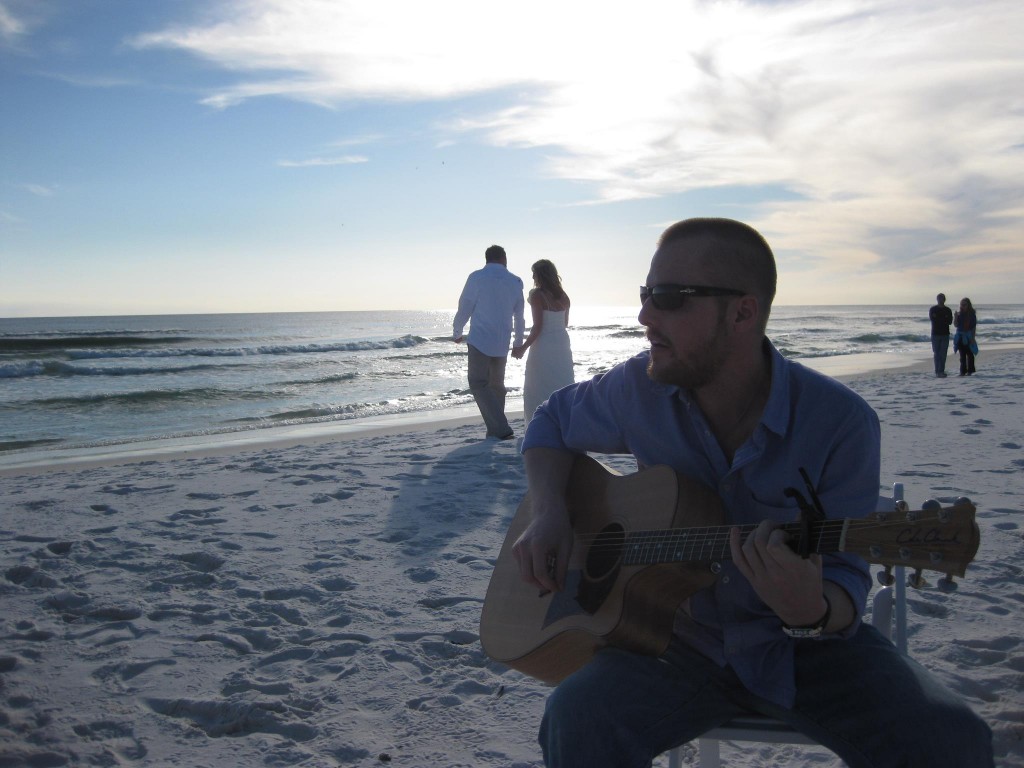
edited to add additional links on April 17th, 2013, such as the Beyond Borders book, dedicated to my brother, and the Destination Freedom retreats, also dedicated in his memory
With over 1,500 copies sold, our flagship 568-page eBook is what started it all. Learn how to travel the world like I do: without a budget, with no plans, funded completely by your website and online ventures.
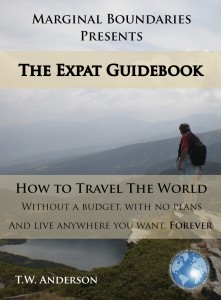 Get Your Copy Today!
Get Your Copy Today!
Unplug from The System, cure yourself of The Greedy Bastard Syndrome, tap into your universal potential and create your own reality. Build a brand, travel the world and realize your cosmic consciousness.
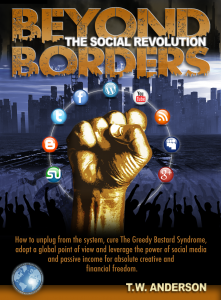 Get Your Copy Today!
Get Your Copy Today!
